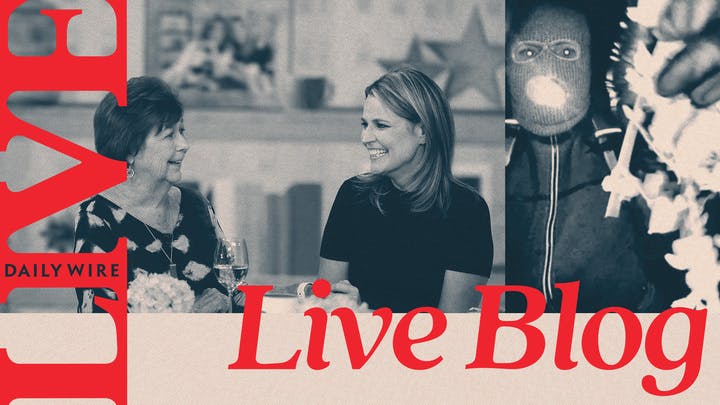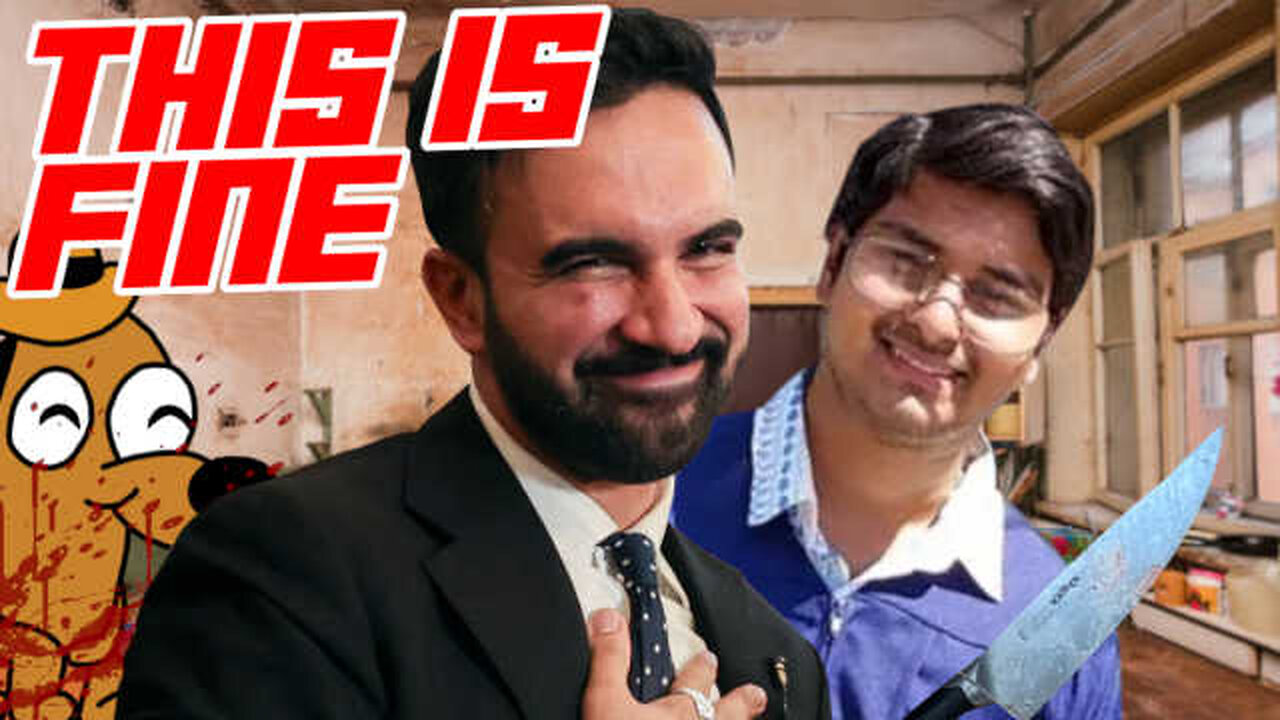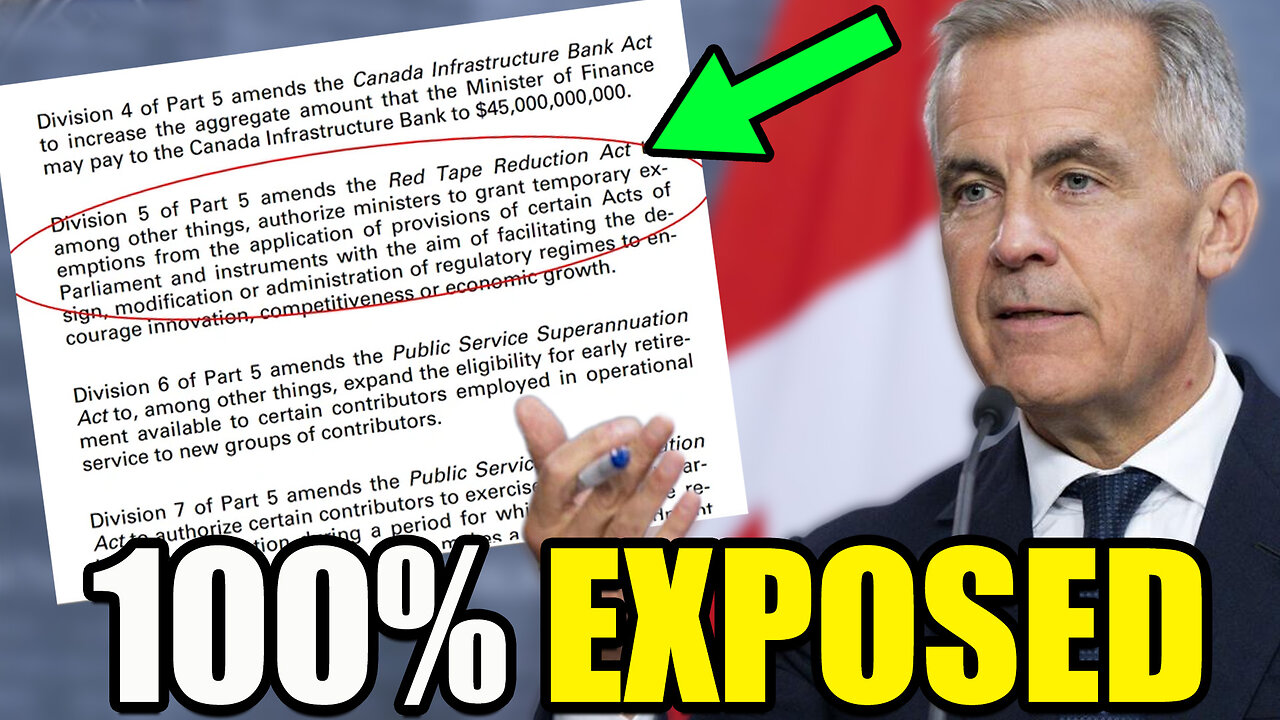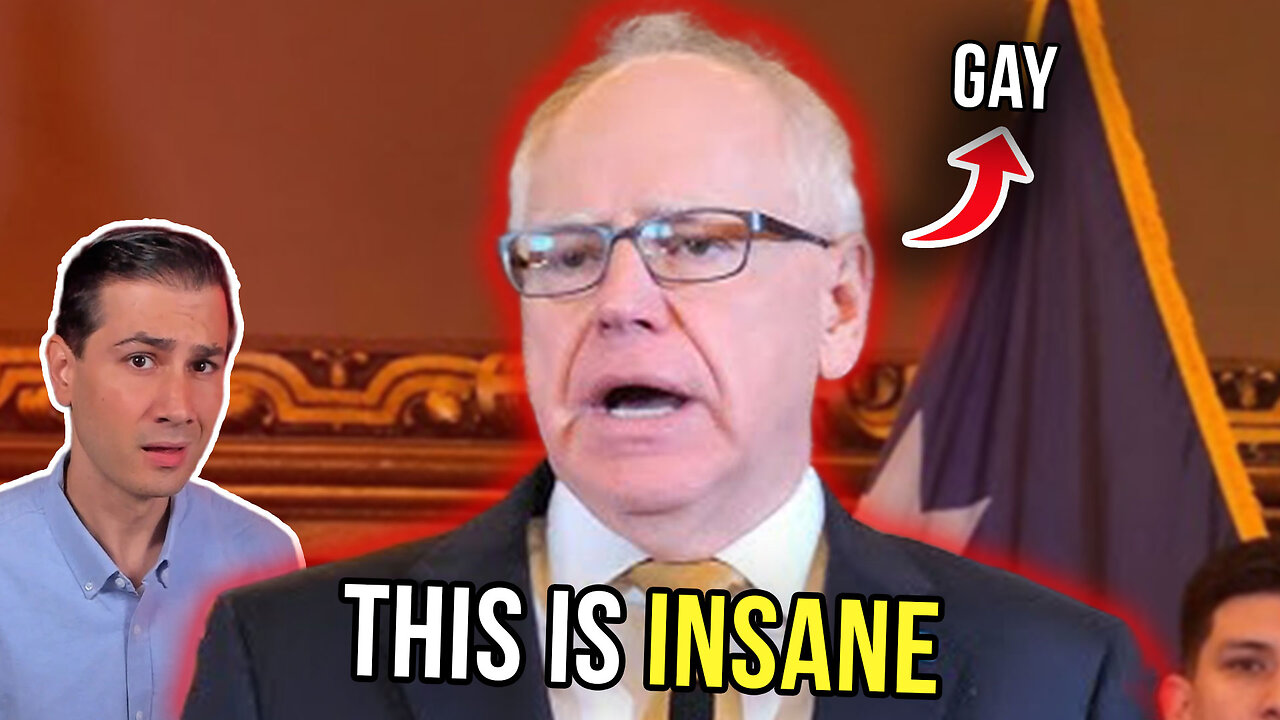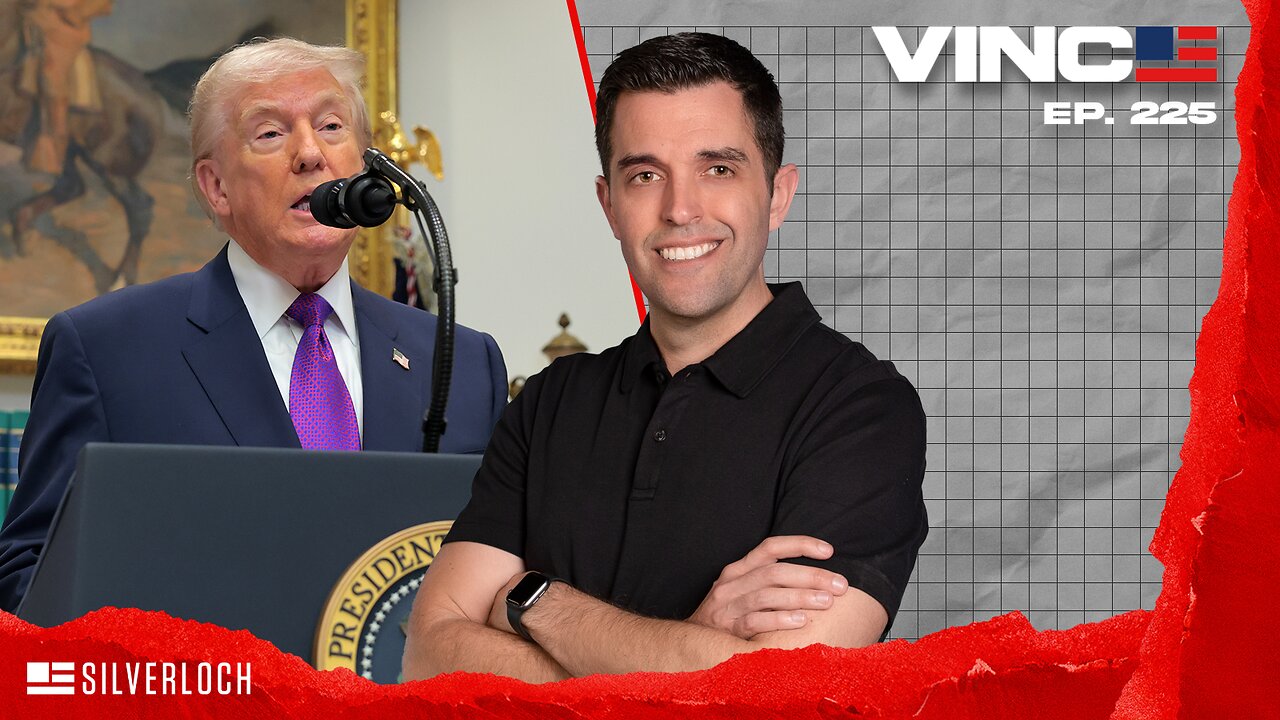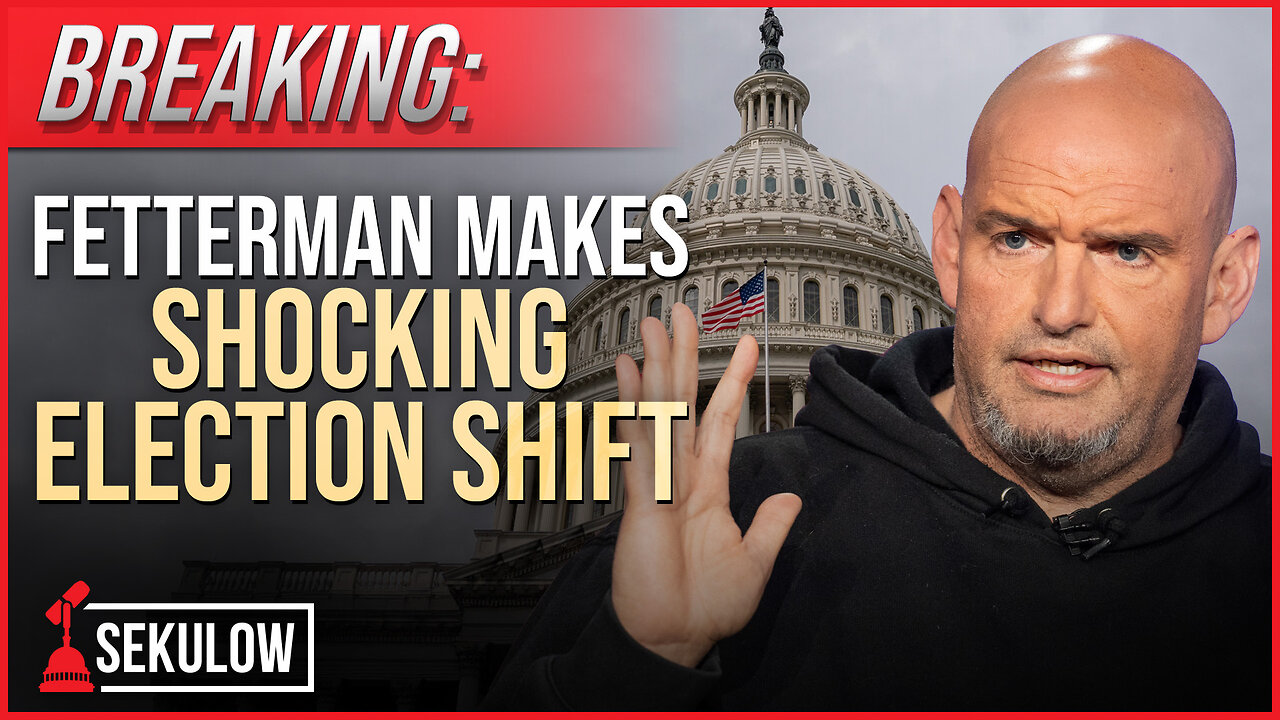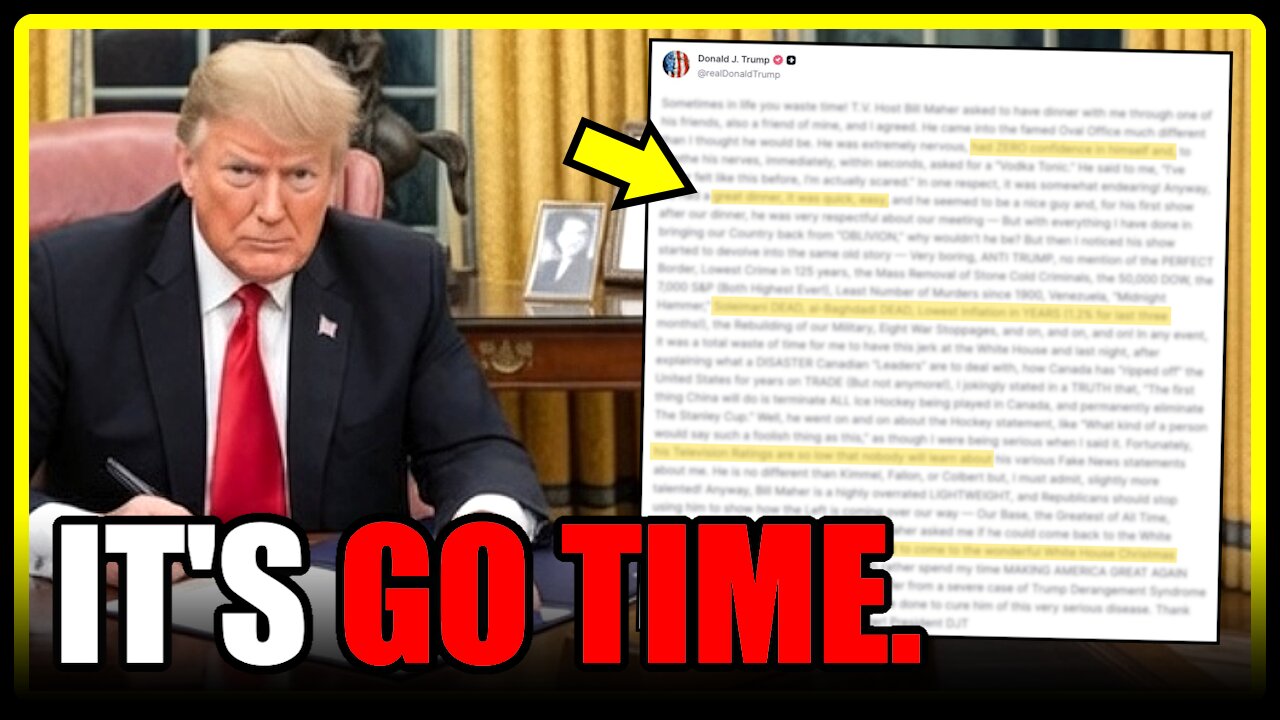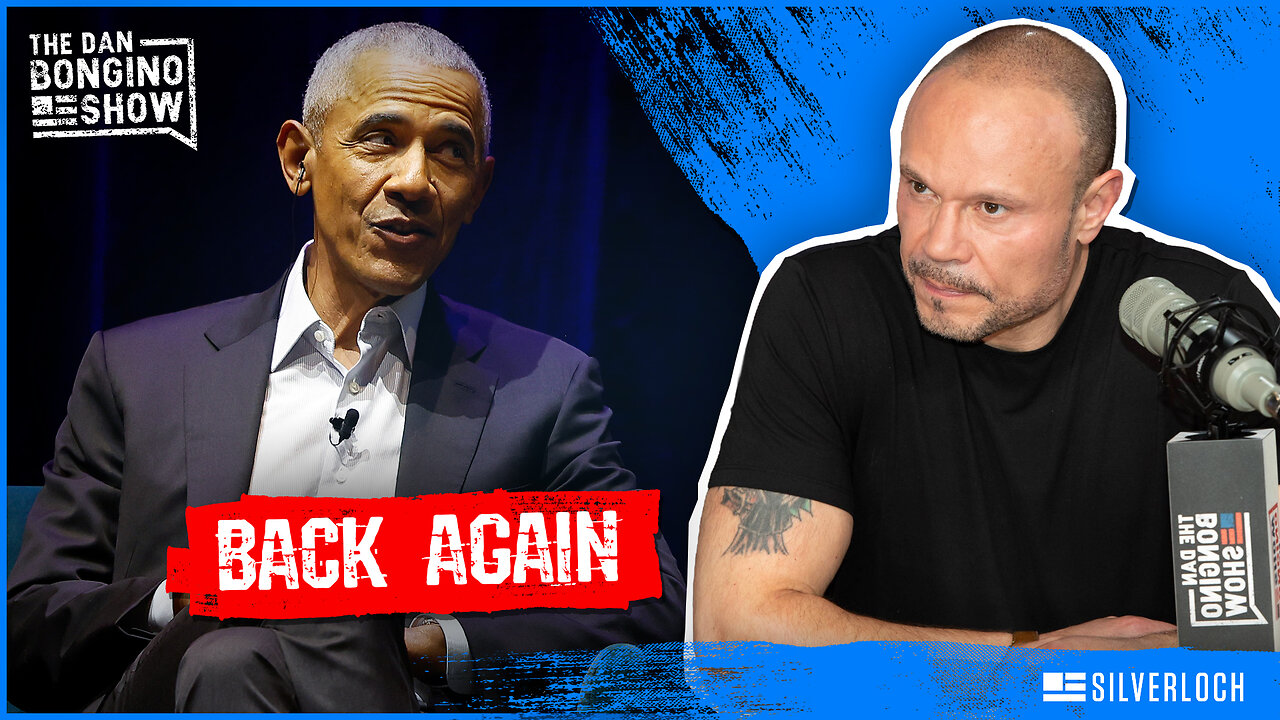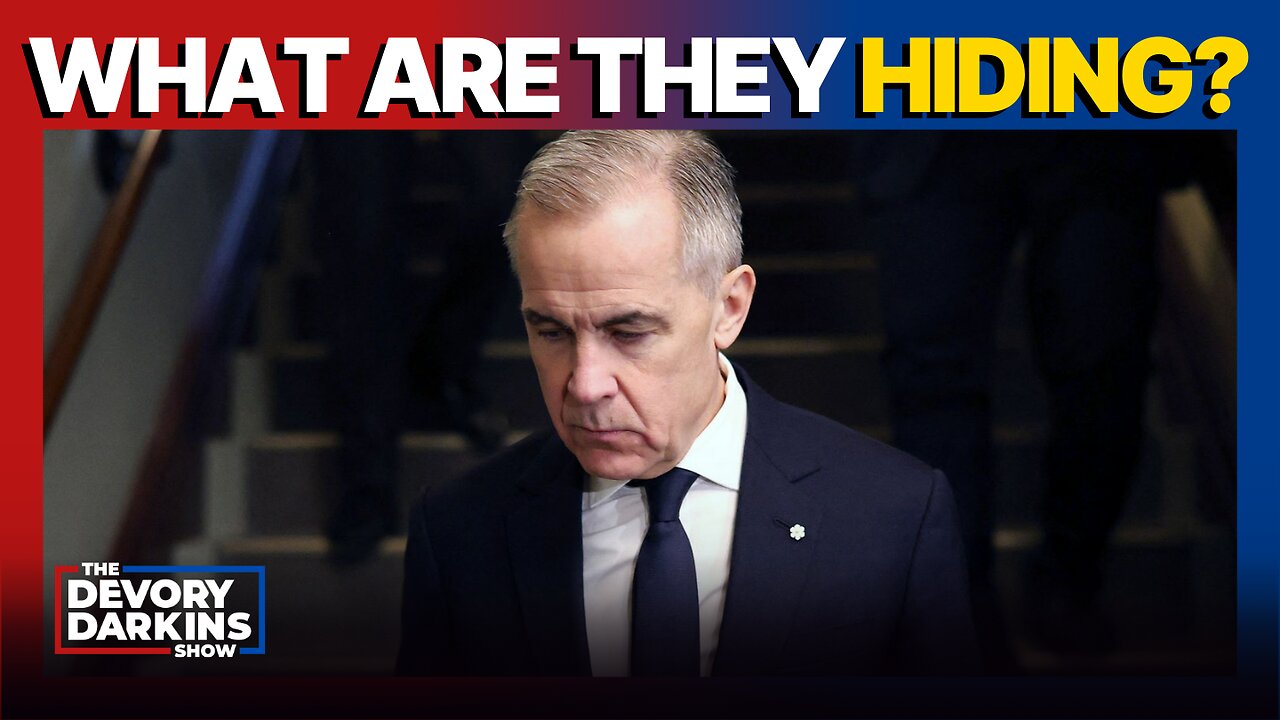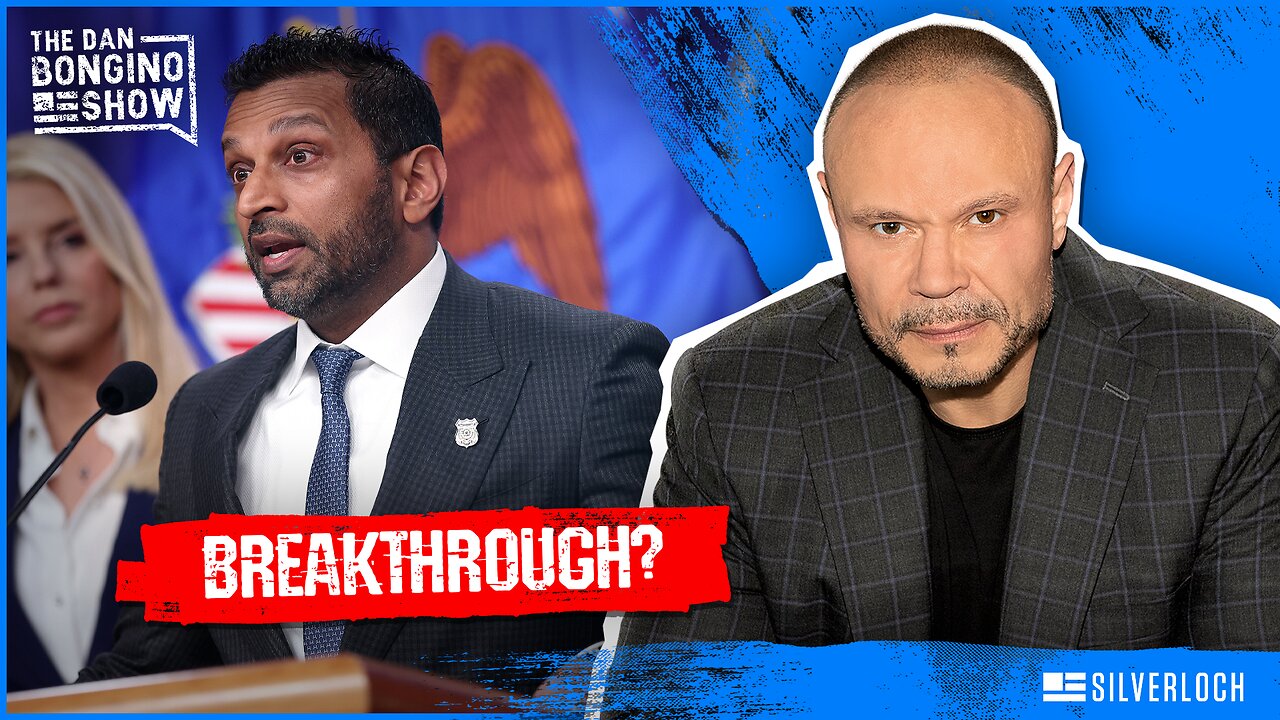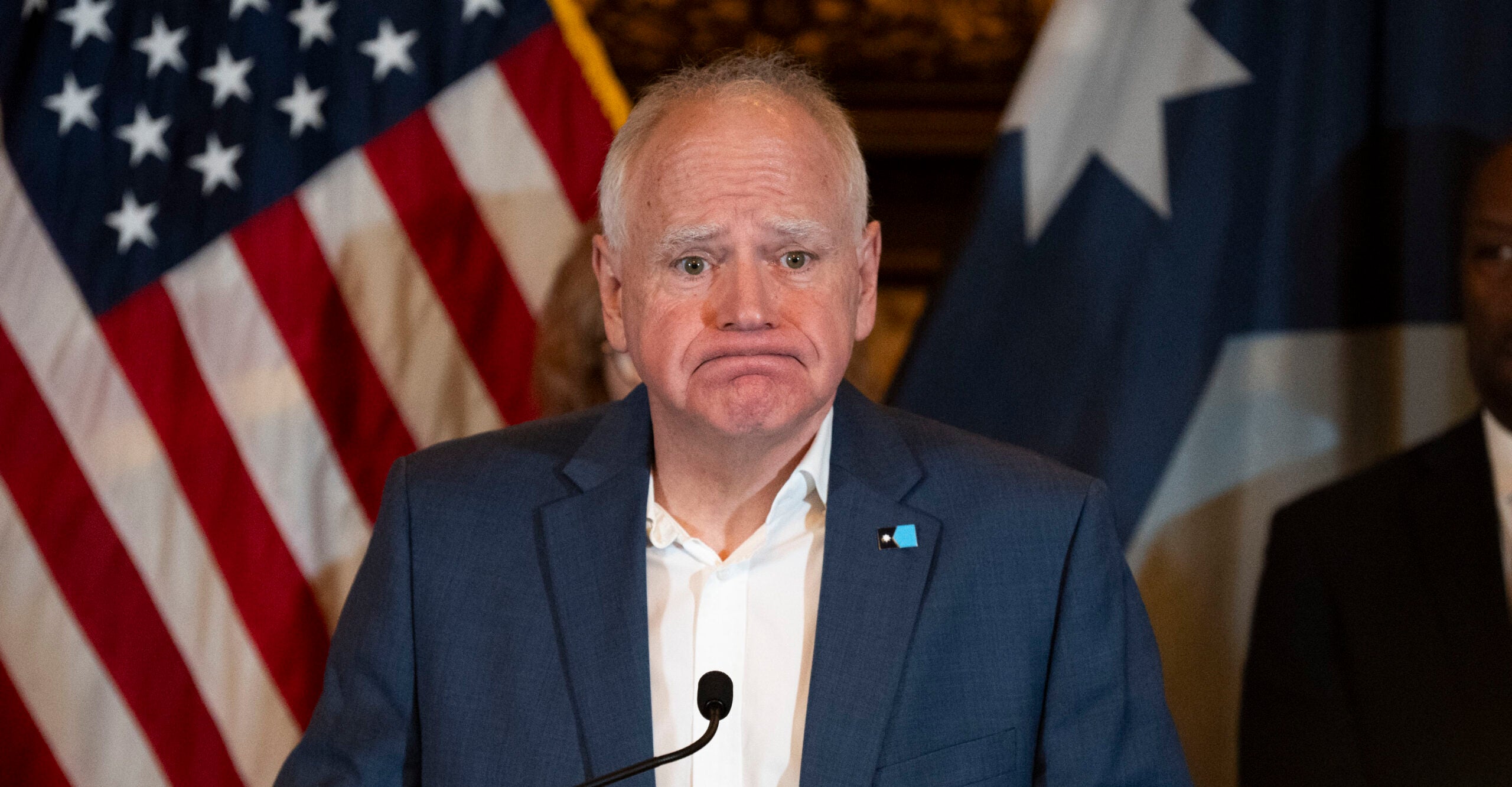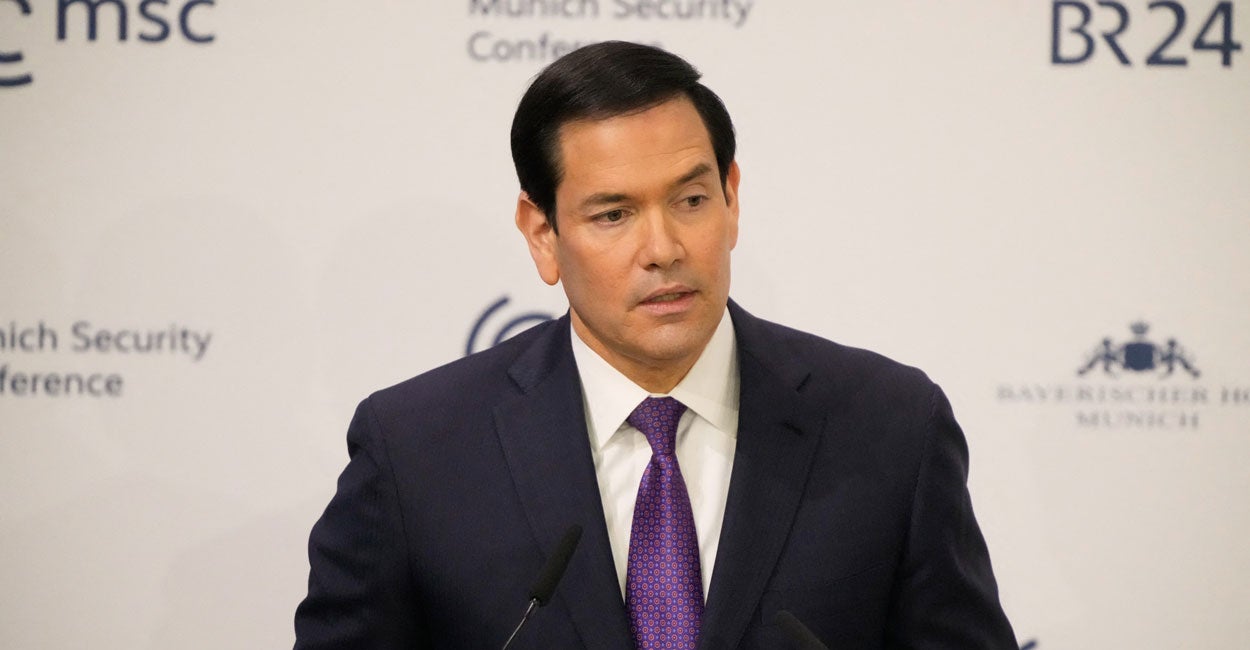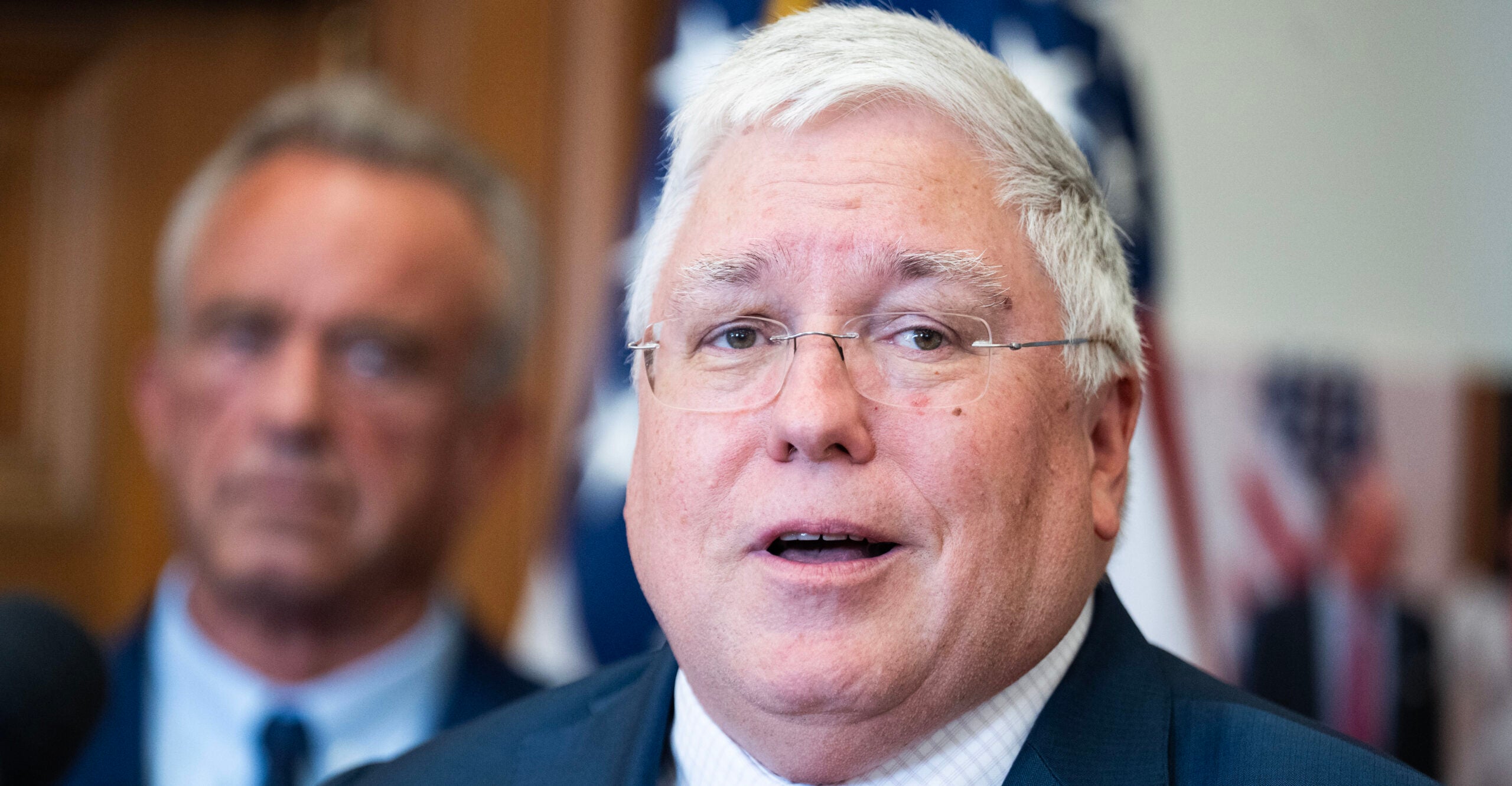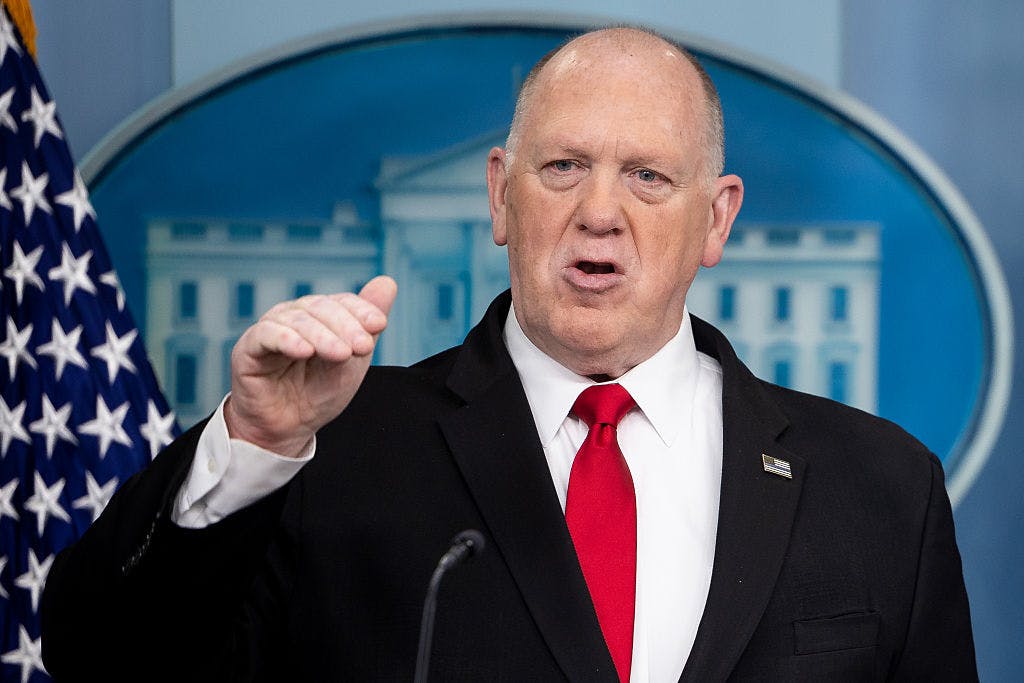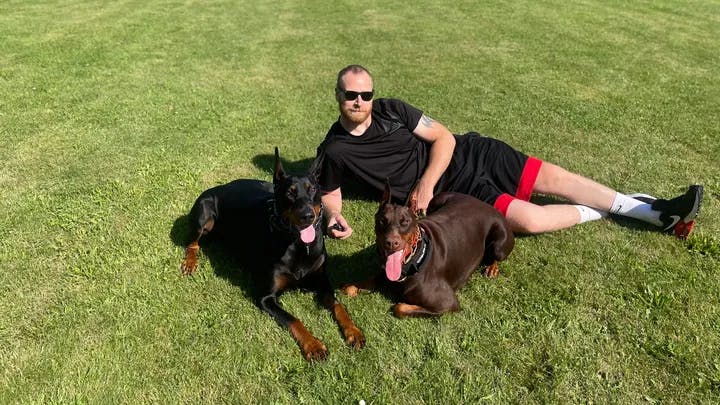Losing our child exposed the depth of my husband’s abuse; it also gave me the strength to leave
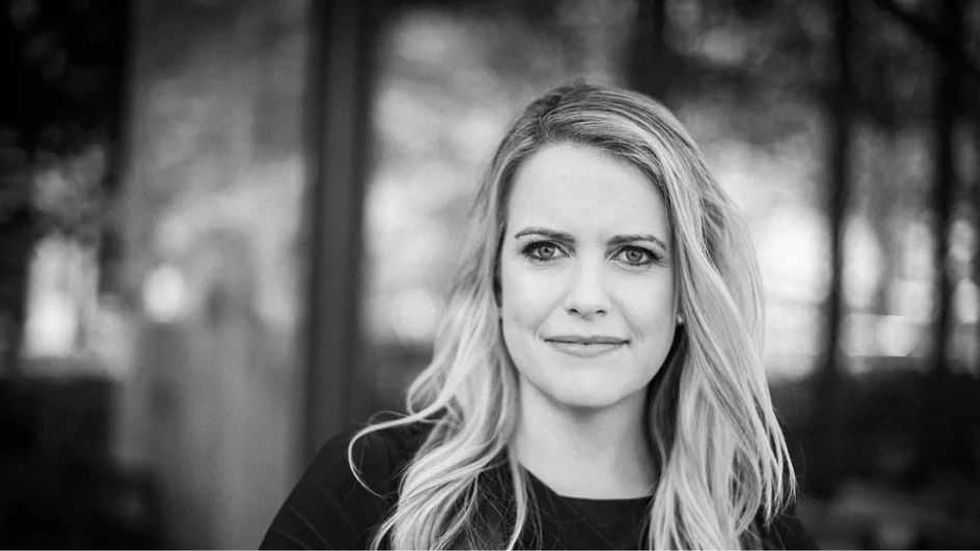
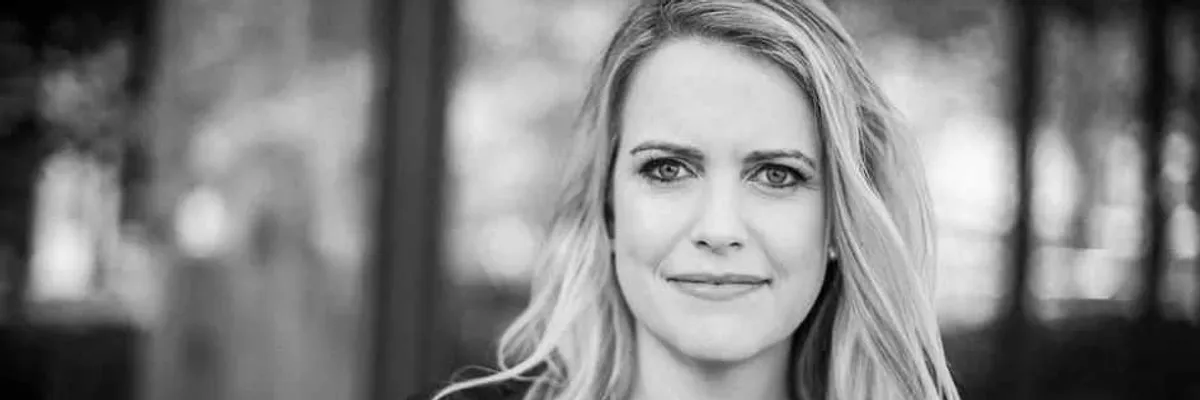
I was stunned when it happened. Since the day we married, I had been his verbal punching bag — insults about my faith, my body, my job, and everything in between were constant. But this was the first time my husband put his hands on me.
Live Your Best Retirement
Fun • Funds • Fitness • Freedom
My crime? After enduring a month of the silent treatment, I finally found the courage to ask, “Do you love me?” He snapped, and all 6’4”, 260 pounds of him charged toward me, pushing me so hard that I stumbled backward and out of our family room. When I regained my footing, I looked up at him — a head taller and a hundred pounds heavier — and said I was done being silent about his abuse.
I said, 'This is the worst day of my life. I need you.' He looked at me and said, 'No, the worst day of your life was marrying me.'
In hindsight, it wasn’t a safe move, because it enraged him. He grabbed my phone, and when I tried to leave, he planted himself in front of the door to the garage, my exit, refusing to let me get by. Terrified, I ran to our bedroom and locked the door. Later that evening, when I heard him walking on the floor above me, I bolted. It felt like I was moving in slow motion as I raced to the car, but I hit the gas just as he reached the doorway yelling, “You’re ruining everything!”
The mask of abuse
In a Centers for Disease Control and Prevention study, the researchers found that roughly one in four women and about one in seven men experience physical violence from a partner. Rates of emotional abuse are higher. Like most victims, I never imagined that this would be part of my marriage or my life. Few knowingly say “I do” to abuse. And — perhaps arrogantly — I didn’t think it could happen to me.
At 41, I owned a successful Washington, D.C., public relations firm, was a regular guest on cable news, and coached members of Congress on their on-camera presence. Surely someone who reads body language for a living would recognize the signs.
But abuse is insidious, and it starts with a mask.
Our story began like a pandemic romance. It was the fall of 2020, the first year of COVID. I had just moved from Washington, D.C., and he from Nashville — both of us to South Carolina, where we had family.
After a friend’s suggestion to try the dating apps in a new city, I begrudgingly created a profile. Over the years, I’d ended an engagement, had boyfriends who didn’t work out, and tried online dating, which felt like day trading. But finding a man who shared my faith and values, and who also offered mutual love and respect, had proved nearly impossible.
Before long, I connected with the person who would become my husband. We messaged back and forth, and then he asked, “Would you like to FaceTime?” When we met virtually, we both laughed and said, “You actually look like you!” — a rarity in the world of online dating photos.
That conversation turned into an hours-long first date, followed by a second where I met his family and a third where he met mine. I hadn’t lived near family in two decades, so having both families involved from the start felt safe.
Answered prayers
We seemed aligned in all the big ways: faith, politics, and family, including trying for kids at our ripe old age of 41 — I was exactly four days older. I still remember the night he met my cousin with Down syndrome. He spoke to him like the man he was — not someone with a disability — and knew all his favorite Disney songs. Later, he joined my family in singing hymns, knowing every word.
We shared many of the same passions: the arts, sports, travel, dogs. My English bulldog loved him for many reasons, but especially because he’d get on the ground, rope in hand, to play tug-of-war — the only sport my dog excelled in and one I didn’t. I’d sit back and laugh, heart filled.
As the months went by, we shared our lives — going to church, gathering with family, working on projects around my house, watching sports, and meeting the people closest to us. I believed he was an answer to my prayers, and he told others that I was his. For the first time, I truly felt I had found the person I wanted to build my life with and that waiting so long to marry someone compatible had been worth it.
Ten months after we met, we married under an arbor he built representing the Trinity, surrounded by family and friends. I wore the ring my grandfather gave my grandmother when he returned from WWII, and he wore his father’s wedding band — his dad had tragically died just a month before we met.
Warning signs
Even before the wedding, there were moments that gave me pause. He sometimes grew emotionally distant, held rigid opinions, helped less than he once did, and, at times, was short with me. When I brought it up, he’d apologize and explain that he was still grieving his father’s death and struggling. I believed him. People talk about “red flags.” What I saw felt more like yellow flags — concerning but not alarming enough to call it off.
I shared my concerns with one of his relatives, my dad, and our premarital counselor, and each of them encouraged me to move forward. I thought to myself, We agree on the big things — faith and family — and with those at the center, we’re solid. I also knew I wasn’t perfect, and I loved him, so I walked down the aisle and said, “I do.”
A month into our marriage, I knew something was deeply wrong. I was writing a work email when he suddenly burst into the room, yelling, “I’m never going to church with you again!” The tirade, which included a list of other grievances, lasted so long that by the end I was curled into the fetal position on the bed, sobbing, as he stood over me berating me. It was the first of many times that I was scared of him.
He apologized the next day, dismissing it as “anger issues” in a flippant tone. But the outburst came out of nowhere, and his words didn’t match what he had said he believed. That was the moment I started walking on eggshells, gradually realizing, day by day, that the man I married didn’t exist.
A deliberate pattern
As the mask wore off, things that mattered to me were bound to be ruined — even simple joys like the holidays. If it wasn’t picking a fight before my family arrived — declaring, “I didn’t get you a Christmas present, and I’m not going to!” — it was deliberately stalling, making us arrive hours late to family gatherings. One holiday, he started a movie when we were supposed to leave, then burst into our bedroom angrily accusing me of not wanting to go because I had napped while waiting for him.
Then there were the bigger moments, like my grandmother’s funeral. He ruined that significant day — by complaining all morning about attending and how he felt fat in his suit. I spoke at her memorial service, crying not only for the grief of losing her, but also because of my husband’s cold disregard for what her death meant to me. We left early, simply because he was uncomfortable in his pants.
At first, I brushed things off, thinking — he just has poor time management, or he’s just having a rough day. But as his actions began to affect my day-to-day life, I recognized the pattern: Each act was deliberate, meant to create confusion and keep me under his control.
A constant target
My work — our main source of income — became a constant battlefield. Simply waking up at a normal time disrupted his desire to sleep, often until three in the afternoon after staying up all night. He worked mostly from home and admitted to lying to his employer about his hours, insisting it wasn’t his fault that he finished tasks faster than expected. If I made too much noise while juggling clients and household responsibilities, he’d yell at me. Sometimes the punishment came in the middle of the night — I’d jolt awake as he poked and pushed my face, intent only on depriving me of sleep.
My body was also a target. If he wasn’t tickling me so hard it hurt — despite my protests — it was relentless body-shaming. My weight, what I ate, what I wore — nothing was off-limits. Once, he sneered, “How can I be attracted to you when your stomach looks like a man’s?” Eventually, I went to a doctor, humiliated by some of the things he had convinced me were wrong with me. The doctor, both puzzled and concerned, assured me I was perfectly healthy. I broke down as I told my husband the results, confessing that I didn’t know how I could forgive him for pushing me that far. He sat there eating, offering no apology and showing no remorse.
As someone regularly on TV, I tried to mask the pain, but looking back at old clips, I can see the sadness in my eyes growing more visible over time. Once, he made me cry right before I went live, accusing me of putting my job above our family. Another time, after he’d worked on my car, the battery was dead. I begged him for a ride to the airport, but he refused, telling me to call an Uber — a long wait in our small town. I barely made my flight to speak to the largest crowd of my career, having to hold back tears when it should have been a joyful milestone.
Why did I stay?
I was also experiencing physical reactions to his abuse. I started grinding my teeth at night, leaving the insides of my cheeks raw and torn. My breathing grew labored, and at times, it felt impossible to catch my breath. And for the first time in my life, I developed anxiety — constantly fixated on making sure everything was perfect so he wouldn’t find a reason to criticize me.
For those who haven’t experienced abuse, it can be hard to understand why someone stays, but abuse is confusing because it is cyclical. The lows are punctuated by highs, and in between, there were moments when the man I thought I had married seemed to return, complete with apologies for what he had done. In one handwritten letter, he wrote, "I have projected fears and undue criticism upon you. The things which I have done were wrong and inexcusable.” Repeatedly, I heard "I’m sorry," pledges of changing, and plans to fix our problems, typically with lots of spiritual language. I wanted to believe him — I needed to believe him — because I didn’t believe in divorce.
I spent countless hours reading anything I could get my hands on, but the typical marital advice I kept seeing didn’t apply to what I was living. My marriage wasn’t hard because my husband didn’t pick up his socks or because I expected him to read my mind. No — my marriage was hard because it seemed to make him happy to hurt me.
Turning point
The day I read the book "The Emotionally Destructive Marriage" was a turning point for me. It included a questionnaire, and after answering all 31 questions, my result was clear: I was in a destructive marriage. The author wrote, “I don’t want to scare you … but trust me: Ignoring destruction doesn’t ever make it better or even neutral. The damage only grows.” And the danger was increasing.
The car itself became something he used as a weapon. He drove erratically no matter how much I begged him to slow down and stop recklessly passing cars. I’d sit there with eyes closed, praying. Eventually, I refused to get into a car with him unless I was driving. As punishment, I wasn’t allowed to listen to podcasts or music, and we rode in silence. Even reaching to adjust the air or sound system could earn me a very hard slap to my hand, like I was a child touching a hot stove.
I started noticing things getting broken. A bed frame I had slept in growing up — over 100 years old, one my sister and I had shared as children — sat in the guest room. He hated it, even though he never used it, purely because it mattered to me. One day, I found all the spindles kicked out. At the end of our relationship, when he moved his things out, an outside camera caught him throwing a personal item and leaving what was left of it beside the lawnmower — the single yard item I had specifically asked to keep. Later, I discovered the wires had been cut.
Conditioned to silence
Looking back, I’ve had to ask myself why I never confronted him when things were broken. If I believed he was responsible, why didn’t I speak up? That’s the nature of abuse — you’re conditioned to stay silent. Speaking out rarely fixes anything and usually makes things worse. Whether yelling, belittlement, silence, or countless other forms of punishment, I couldn’t risk triggering his rage — especially if I was leaving town for work and he was alone with my dog.
He knew I adored my sweet pup, which made him a primary target. Once, in a fit of anger, he aimed a leaf blower at him at full force while I begged him to stop. My dog, terrified, tried to fight back — snapping at the machine until his back legs gave out, leaving him unable to walk afterward. Another time, on a road trip, my dog panicked from my husband’s rage, gasping for air in the car. Instead of helping, he coldly shouted, “IF HE DIES, HE DIES.” I drove as fast as I could, frantically pleading for him to assist, but he refused. By the time we reached the Airbnb, my bulldog’s tongue was blue and he was barely breathing.
Even though my husband had physically abused me, the emotional abuse — including his lack of concern for my well-being or even my dog’s — was far more damaging. I’ve often heard women who have experienced emotional abuse say, “I wish he’d just hit me.” Part of that is because others don’t take abuse seriously unless there’s physical harm, but it’s also because emotional abuse can be more damaging. It often is subtle, creeping in slowly over time, yet studies show emotional abuse can have lasting consequences — including depression and anxiety — that endure long after the relationship ends.
Clinging to hope
What kept me going during this time was community. Even after he moved me out to the country — a move I later realized was meant to isolate me — I wasn’t alone. I had friends, a church family who walked with me (I eventually joined that church while finalizing my divorce), and my family, who supported me in every way imaginable. While I learned that marriage counseling is better suited for marital issues than abuse, three different men worked with my husband and me during this period. Traveling to D.C. for work also helped me reclaim a sense of self; I realized that people liked me and wanted to engage with me — something my husband had stopped doing.
Yet through it all, I clung to the hope that if he truly wanted to change, as he claimed, I would walk that path with him. I had already mourned the man I thought he was and worked to find joy in life despite my home circumstances, and I loved him — and valued our marriage — enough to stay, as long as it remained safe. I kept reading that some people can’t change, yet my faith told me transformation is always possible. I now know that change must begin with a genuine desire — a desire he never had.
Painful clarity
When I got pregnant, everything became clear.
I was stunned when I saw the plus sign. At 42, I wasn’t sure if I’d be able to get pregnant, but after several tests to make sure it wasn’t a false positive, and with the changes to my body, I knew it was real. I was overjoyed but also anxious about how I was going to handle pregnancy at my age and with my difficult husband.
During our first year of marriage, we went to a fertility clinic to undergo testing. We were both fine! Yes, my eggs were old and chances were low, but we were capable of conceiving on paper. But we stopped pursuing that route as marriage became hard. He’d say, “If God gives us children, he gives us children.”
A few days after finding out I was pregnant, I started bleeding, and I knew something was terribly wrong. My husband found me in the kitchen crying. When I told him I thought I was losing the baby, he first hugged me — but then released me, looked me in the eye, and said I wasn’t allowed to be sad. Stunned, I told him that of course I was going to be sad about losing our child. He then yelled, “Now you’re just going to be sad all that time, aren’t you?” and stormed out of the room.
In our relationship, it was common for me not to be allowed to feel sad. Whether life was difficult or I was responding to his abuse, my emotions weren’t permitted. When a fight shifts from the behavior that caused harm to how you react to it, that’s a red flag. Truthfully, I didn’t always handle his treatment well. Sometimes I yelled back — something that wasn’t part of my personality before marriage. And whenever and however I responded, like a dog reacting to abuse, it was held against me.
This time was no different. As I endured physical pain and had to rush to the bathroom repeatedly, he would yell at me. I wasn’t allowed to disrupt his plans for the day. As this continued, a terrifying thought struck me: Would he take me to the hospital if I needed to go? My doctor had instructed me to come in the next morning, but to go to the ER if my bleeding worsened. Realizing I couldn’t rely on him, I made a plan B — I decided I would ask one of the contractors working on our house to take me if necessary. It was sobering to recognize that I trusted someone working at my home with my child’s and my own well-being more than I trusted my husband.
'The worst day of my life'
The next day, I went to the doctor with my mom. He refused to come, claiming he had to go into the office. With her by my side, I had an ultrasound and learned that the baby wasn’t there. I called him after. He knew what time my appointment was, but he wouldn’t answer his phone. He finally called me on his way home later in the day, claiming his phone had stopped working — something I didn’t believe.
As he walked into the house, he complained of a stomachache. Normally, I would have catered to him, but this time I told him it wasn’t about him: We had lost our child, and my body was dealing with the effects of that. I said, “This is the worst day of my life. I need you.” He looked at me and said, “No, the worst day of your life was marrying me.” He then stood up and yelled, “I don’t want to be a father, and you always knew that!” He went on to accuse me of many things, including trying to make up for everything I didn’t do when I was young by getting pregnant now.
There are no words for the pain his words caused — but they, along with his actions, revealed that he did not care about our child or me. I eventually left the house to stay with my parents. Four days later, my uncle and brother-in-law joined me as I confronted him: “I will no longer be your verbal punching bag. The marriage as we know it is over. You can either get help and stop abusing me, or you can divorce me.” I knew I couldn’t change him, but I could determine what I would and would not accept. That day, he moved out.
Revising history
I agreed to meet him four months later to see if he had worked on himself. He claimed he had changed, but it quickly became clear that his priority was rewriting the story of him pushing me a year earlier. He insisted he “never laid hands on me,” saying he only pushed with his torso, like a chest bump. I refused to go along with this revisionist history, which led to a voicemail begging me to change my story — acknowledging that he had hurt me but complaining that I could put him in jail.
During this time, we saw our final counselor to see if the marriage could be salvaged. I gave it everything I had, even though my family and friends urged me to leave, fearful for my safety. There were some good moments, but before long, his mask slipped. My husband, who was pressuring me to be intimate during this period — using Bible passages to shame me to the point that our counselor had to intervene — finally got his way. When he did, he ghosted me. His own words from the past rang true: “I guess I only want you when I can’t have you.” Intimacy in our marriage had always revolved around control and ultimately revealed what I meant to him — nothing more than someone to be used and discarded.
Knowing my husband hadn’t changed and didn’t want to change, I faced one devastating choice: Live with abuse — exposing any future children to it — or leave. His final blow was giving me no real choice at all, forcing me to end our marriage so he could play the victim.
Deciding to leave
When you love someone, it’s tempting to believe that forgiveness and support are the best way to help him. But real change requires his willingness, sustained effort, and consistent action. The most loving thing I could do for my husband was let him live the life he wanted, not rescuing him from the consequences of his actions. Excusing harm may feel like compassion, but without accountability, abuse only deepens — damaging both the one causing it and the one enduring it.
Staying is hard, but the real journey begins when you decide to leave. Statistically, it takes women an average of seven attempts before leaving becomes permanent, reflecting the many complex factors at play. I was one of the “lucky” ones — I had financial independence, no living children, a strong support system, and a few extra years of life experience. Even so, it was still the hardest thing I’ve ever done.
With divorce imminent, his vilification of me had reached its peak. Looking back, I see that the smear campaign began the moment I separated from him the year before, when he pushed me — to craft his victim narrative. Some chose to believe his lies, but those who truly knew and loved me — and asked questions — recognized them for the farce they were. He labeled me as controlling, manipulative, pious, even an addict — but these accusations were merely reflections of himself. At their core, an abuser’s projections are confessions.
I was also forced to fight to protect what I had built in life. During our last attempt at reconciliation, he shifted in an instant from kind to cold — as he often did — and said, “I can take you for half.” I had to fight. The logistics alone were overwhelming, and I can’t imagine how much harder it must be when children are involved. Thankfully, the divorce was smoother than our marriage, but the relationship still cost me tens of thousands of dollars. Yet it was nothing compared to the personal cost.
Alone in loss
That first summer without him, I grieved deeply, trying to heal — not only from my broken marriage but also from the loss of our child. Just weeks after my ultrasound, I learned I had had an ectopic pregnancy when searing pain sent me rushing to the hospital. The injections that followed took a heavy toll. Nurses in hazmat suits administered them, warning me not to share a bathroom because my urine was toxic and to avoid unprotected sex for four months since it could harm a future pregnancy — not that it mattered, being estranged from my husband. My body became a cocktail of cancer-level drugs and lingering pregnancy hormones. My arms ached for weeks without explanation, and my hair began falling out.
Yet I had to keep working because my husband refused to help with any bills. Each time I met with a client, I silently prayed that the client wouldn’t ask how I was doing, because holding myself together felt nearly impossible. More than once, I broke down — once even in front of a full room I was training. When you are carrying death inside you, your body feels like a grave, and you can’t always control the emotions that come with it.
The day I passed the baby lodged in my tube was the hardest — exactly three weeks after the injections. No doctor told me what to expect; I had assumed it would dissolve slowly. Instead, the cramping hit suddenly, and when I stood up from the toilet and looked down, I knew. Shocked and horrified, I fell to the ground sobbing while my faithful dog stayed by my side. At the time, it felt as if I had killed my baby. Logically, I knew the baby could not have survived in my body, and I could have died without medical intervention — but being forced to choose how he or she would die, through injection or surgery, and then witnessing the outcome felt like an added nail in the coffin. No mother should have to flush, especially alone.
A season of grief
At first, I couldn’t face celebrations. I skipped the baby shower for my first great-niece, afraid I’d cry the whole way through. But after a few months, I pushed myself to show up for the people I loved, determined not to let my husband steal any more from me. Over the next year, I hosted bridal showers and holidays and walked beside my niece, who had moved in with me. She was planning her wedding while I was finalizing my divorce — mine official just one month before hers.
I’m thankful for the beauty of life that surrounded me, even as mine was falling apart. It gave me hope. At times, putting on a brave face was exhausting, and I’d cry behind closed doors. But with the support of people who cared about me, I found the strength to keep walking through the pain. There are no shortcuts to healing — the only way through is straight into it.
I can’t pinpoint when it started to get easier. Grief comes in waves, with stops and starts, until it all blurs together. What I do know is that it took time to let go of every loss — the man I loved who never existed, my marriage, our child, the possibility of future children, the family I married into and loved, and the future I thought I had. All of it … gone. And beyond that, I had to heal from the abuse. Climbing out was messy and sometimes still is.
But day by day, I built a new normal. In the beginning, I cried whenever I spoke about what happened. Sometimes tears still creep in, but now I mostly share my story in a matter-of-fact way, as if it happened to someone else. With time, the pain softens, the fog lifts, and you begin to find yourself again — changed, but still you.
The grace of forgiveness
It took time, but I’ve forgiven him for what he has done. I’ve been forgiven for much, and I am called to extend that same grace. Still, I am saddened by the life he’s trapped in — a prison of his own making — and I pray he finds healing. However, the hardest part has been forgiving myself. I’ve carried the weight of marrying an abuser and the tremendous pain he caused those closest to me.
My parents, especially, but plenty of family and friends have spent countless hours helping me and praying for me, their hearts breaking alongside mine. When I told my cousin with Down syndrome about the divorce, he groaned in confusion and pain. My aunt pointed him to 1 Corinthians 13, the scripture passage he read at our wedding, and showed him how my husband, his friend, had failed to live out those words of love and did the opposite. My cousin had to come to terms with the truth, as I did, that my husband wasn’t who he said he was.
A protector's goodbye
I’ve blamed myself for what my beloved dog endured — some days my husband treated him kindly, but too often he didn’t. Through it all, my furry sidekick was a constant, showing me unconditional love as everything around us crumbled. One morning, not many days after he was diagnosed with heart failure and a year after I left my husband, I cupped his wrinkly, slobbery face and told him I was finally strong enough to let him go if he was ready. I hugged him tight, kissing his soft head, and left for work. Understanding that his job of protecting me was complete, he took his last nap, his face facing the sun.
I’ve blamed myself for my child not being wanted by his father — for choosing a man who didn’t want his own. But I’m thankful for the mama-bear instinct that came, forcing me to face a hard truth: If my home wasn’t safe for my child, it wasn’t safe for me. I’ve wondered if God sent that baby so I could see clearly that marriage doesn’t matter more than the safety of the people in it. I have peace knowing that my little one is now with the greatest Father of all — in heaven, safe, loved, and waiting for me.
Finally, I’ve blamed myself for falling in love with a man who harmed me. He took something sacred — marriage — and turned it into a weapon. I’ve had to grieve both the man I thought I was marrying — the one I loved who never truly existed — and the man he really was. Had he chosen to change, I would have walked beside him through it all. Facing the truth saved me, but it also forced me to confront the layers of betrayal that nearly crushed me.
On the days I struggle, I remind myself that my ex-husband wants me to carry the blame for his abuse and the divorce that followed. It’s part of his control that lingers. So instead, I focus on what I know to be true: I meant my vows — he didn’t. I loved him — he didn’t love me. I sought healing — he sought harm. And ultimately, after chance after chance, he chose himself.
Into the light
A strange blessing has come from all of this: I’ve discovered an underground community of women — and men — who have walked the same road. Many remain silent for good reasons: to protect their children, because of legal constraints, or out of fear of retaliation. I’m in the rare position of facing only the latter. But I refuse to live in fear of the man I married any longer.
I’m bringing the brokenness into the light, no matter what he may do, because I want others to know it’s not their fault. Just as I didn’t choose abuse, neither did they. We were deceived, believing the person we loved and who claimed to love us. There is no shame in that.
Abuse doesn’t define me. It is a chapter in my life, not the whole story. I’ve found healing, I have joy, and I now carry a deep empathy for the abused that I didn’t have before. What a strange, awful, beautiful gift to be able to look someone in the eyes and sincerely say, “You’re not alone, and there is hope.” I know with certainty that life after abuse can be meaningful — because I’m living proof that what man meant for evil, God can use for good.
This essay originally appeared in the Beverly Hallberg Substack.
Originally Published at Daily Wire, Daily Signal, or The Blaze
What's Your Reaction?
 Like
0
Like
0
 Dislike
0
Dislike
0
 Love
0
Love
0
 Funny
0
Funny
0
 Angry
0
Angry
0
 Sad
0
Sad
0
 Wow
0
Wow
0
